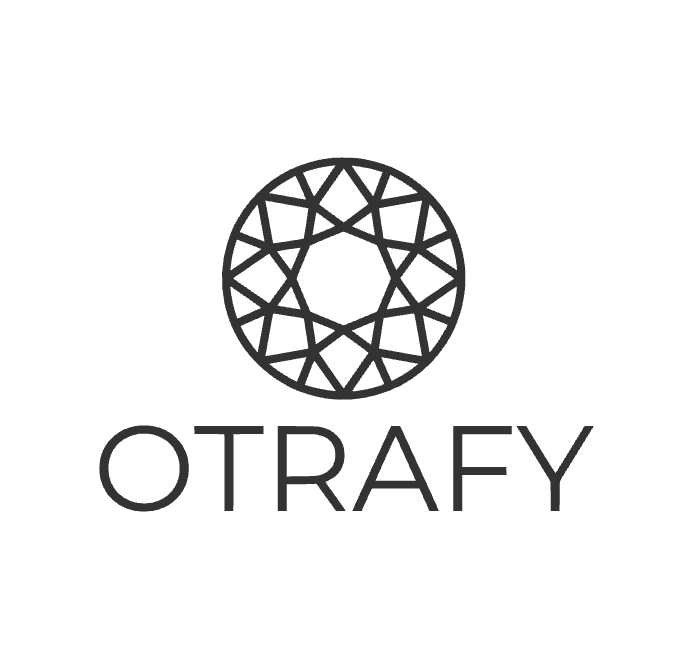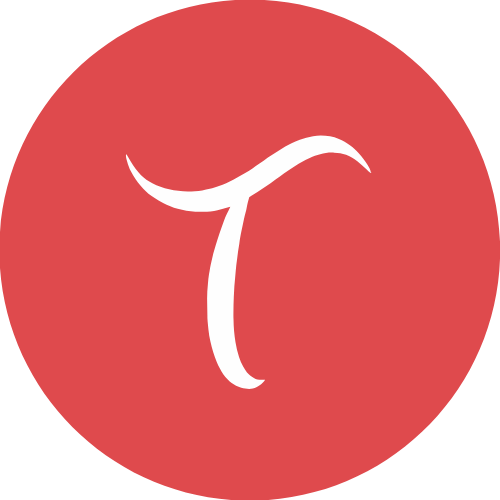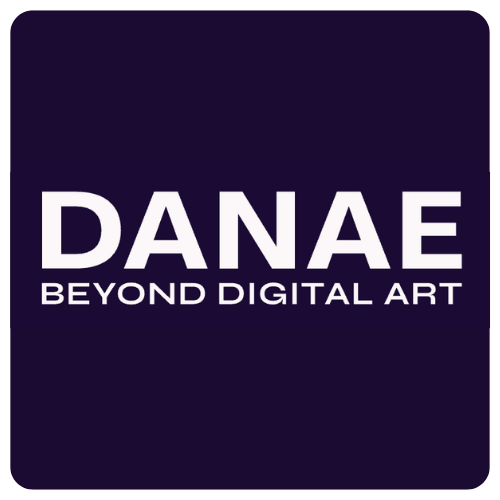
Otrafy
Otrafy is a technology company developing a platform to streamline and automate supply chain management, with a strong focus on food safety and compliance. Its mission is to create a more transparent and efficient supply chain by providing a centralized system for managing documents, tracking products, and collaborating with suppliers.
The core of Otrafy's offering is its supplier management platform. This service provides a suite of tools that allow businesses to automate the collection and verification of supplier documents, ensuring that all suppliers meet the necessary compliance and quality standards. Key features of the platform include automated document requests, real-time tracking of supplier compliance, and a centralized repository for all supply chain data.
Otrafy uses the Hedera Consensus Service (HCS) to create an immutable and auditable record of all supply chain events, from the initial sourcing of raw materials to the final delivery of finished goods. This provides a "single source of truth" for all stakeholders in the supply chain, enhancing transparency and traceability.
Project Information
Related Projects

Tribe Accelerator is a Singapore-based, government-backed blockchain accelerator that is focused on supporting later-stage startups, helping them bring their innovative products to market by providing a "hyperconnected platform" of multinational corporations, government agencies, and top technology companies.
Tribe's core service is its accelerator program, which takes a product-focused approach to helping startups scale. The program provides participating companies with a wide range of support, including dedicated masterclasses on topics like fundraising and marketing, technical mentorship from industry experts, and exclusive networking opportunities.
Tribe has partnered with Hedera to support the growth of the Hedera ecosystem in Singapore and the broader Asian market. This includes providing mentorship and resources to startups that are building on the Hedera network, as well as working to connect these startups with Tribe's extensive network of corporate and government partners. This collaboration is a key part of Tribe's mission to drive the widespread adoption of blockchain technology and foster innovation in the Web3 space.

Hyperstack is a Web3 company developing the "Credential Cloud" platform for issuing, managing, and verifying smart, secure, and immutable digital credentials. Its mission is to revolutionize digital identity by providing a no-code, high-impact framework that can be used by a wide range of organizations, from educational institutions to corporations.
The core of Hyperstack's service is its comprehensive credential management platform. This includes a design studio for creating custom-branded digital certificates and badges, tools for issuing credentials at scale, and a secure digital wallet for recipients to store and share their credentials. A key feature of the platform is its robust analytics dashboard, which allows issuers to track engagement with their credentials, providing valuable insights into their reach and impact. The platform is also designed for seamless integration with existing systems, such as Learning Management Systems (LMS) and HR platforms.
Hyperstack's entire platform is built on the Hedera network. It uses the Hedera Token Service (HTS) to mint credentials as NFTs, providing a secure and efficient way to manage their ownership and transfer.

Danae is a digital art company that provides a platform for contemporary art within the Web3 space. Its primary focus is on curating and presenting high-quality digital artworks from established artists and galleries, merging traditional art world practices with new technologies.
The main service offered by Danae is its NFT marketplace, which facilitates the sale and authentication of contemporary art as non-fungible tokens. The platform's services include expert curation, ensuring that all works in its collection meet a standard of artistic excellence. A key feature is the use of blockchain technology to provide transparent and secure art authentication, making the provenance and ownership of a digital artwork easily verifiable. This allows collectors, galleries, and curators to connect and transact with a higher degree of confidence.
Danae's platform is multi-chain, with a direct integration with the Hedera network. The company utilises the Hedera Token Service (HTS) for the minting of its NFTs.

Hala Systems is a social enterprise founded in 2015 that develops advanced technology to protect civilians in conflict zones. Its mission is to reduce violence and provide accountability through the creation of early warning systems and tools for documenting war crimes.
The company's flagship product is Sentry, an AI-powered early warning system that predicts and warns civilians of impending threats, such as airstrikes. Sentry uses a network of remote sensors and real-time data to provide warnings, giving people crucial time to find safety. The system has been deployed in Syria, where it has been credited with significantly reducing casualties. In addition to its warning capabilities, Hala Systems also focuses on accountability, developing tools that allow for the secure collection of evidence of war crimes.
To ensure the integrity of the data collected, such as photos and videos of potential war crimes, Hala uses the Hedera Consensus Service (HCS) to create a tamper-proof and cryptographically secure record of the evidence. Each piece of media has its metadata logged on the Hedera network, creating a verifiable and immutable audit trail.
